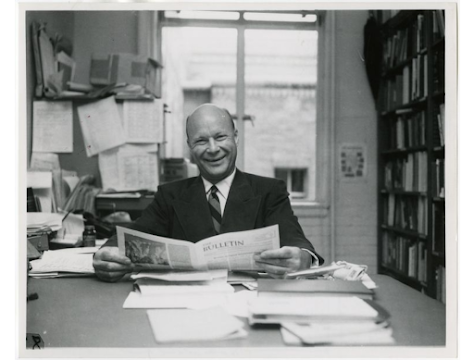From EdSource: For generations, high school seniors have fretted over writing their essays for college applications, worrying how to make their personal stories stand out in the crowd and avoid hurting their acceptance chances with mediocre compositions. This year’s seniors have even deeper worries as the college application season begins.
Since SAT/ACT scores are optional or totally off the table during the pandemic, many colleges say that the personal and academic information presented in applicants’ essays will loom somewhat larger than in the past. That, in turn, is making some students double down on their essay compositions, often trying to distinguish their pandemic experiences from others stuck in online education and lockdown. In some cases, anxiety is heightened because they are not able to talk face-to-face with counselors and can’t visit drop-in writing centers...
UC requires answers to four of eight so-called Personal Insight Questions (PIQ), with each no more than 350 words. Among the possibilities are: “What would you say is your greatest talent or skill?” and “What have you done to make your school or your community a better place?” There is room for additional explanations, which UC this year says could include “extraordinary circumstances related to Covid-19.” ...
Bryan Jue, UC Irvine’s director of marketing and outreach for undergraduate admissions, said this year is “definitely different” without the test scores. UC campuses will put more “emphasis on looking at that context obviously” that students provide in their statements. He urged applicants to use the extra space provided for pandemic explanations, such as schools switching to pass/fail grading, family members falling ill or parents losing jobs. And he said students should take advantage of UC’s free online workshops on statement writing that don’t require expensive private tutors...
Gary Clark, UCLA’s director of undergraduate admissions, also said there are no fixed values to grades or essays, but he urged high school seniors to work hard on their writing responses to help reviewers “better understand our applicants as the individuals that they are. Authentic is the word I would use to describe the most effective responses I’ve read. We want to hear from the students in their voice.” ...
Full story at https://edsource.org/2020/with-test-scores-out-college-essays-count-more/641925
It's great that UC provides online writing workshops. But parents of students who can afford it will look to outside tutors who promise to outdo what the workshops provide.





























